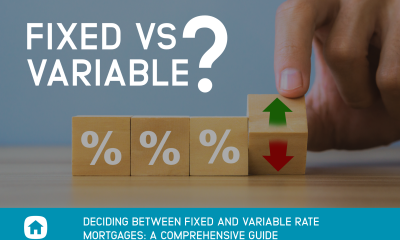Business
What to do if you think your data’s been hacked as another major breach revealed
-

 Buying a Home5 years ago
Buying a Home5 years ago3 Simple Rules to follow to ensure credit doesn’t stop you from buying a home!
-

 Credit6 years ago
Credit6 years agoWhat Happens to My HELOC When I Sell My Home?
-

 Business4 years ago
Business4 years agoToronto, Ontario and Vancouver real estate boards urge suspension of open houses
-

 5 Mortgage Secrets7 years ago
5 Mortgage Secrets7 years ago5 SECRETS THE BANK DOESN’T WANT YOU TO KNOW ABOUT YOUR MORTGAGE
-

 Buying a Home6 years ago
Buying a Home6 years ago6 Reasons to get Pre-Approved for a Mortgage Early
-

 5 Mortgage Secrets6 years ago
5 Mortgage Secrets6 years agoTHE PENALTY COVER UP Mortgage Secret 3 of 5
-

 News12 months ago
News12 months agoFixed Vs Variable Rate Mortgages: Decoding The Differences To Make Your Best Decision
-

 Business4 years ago
Business4 years agoBuffett says economy is slowing amid virus fears





